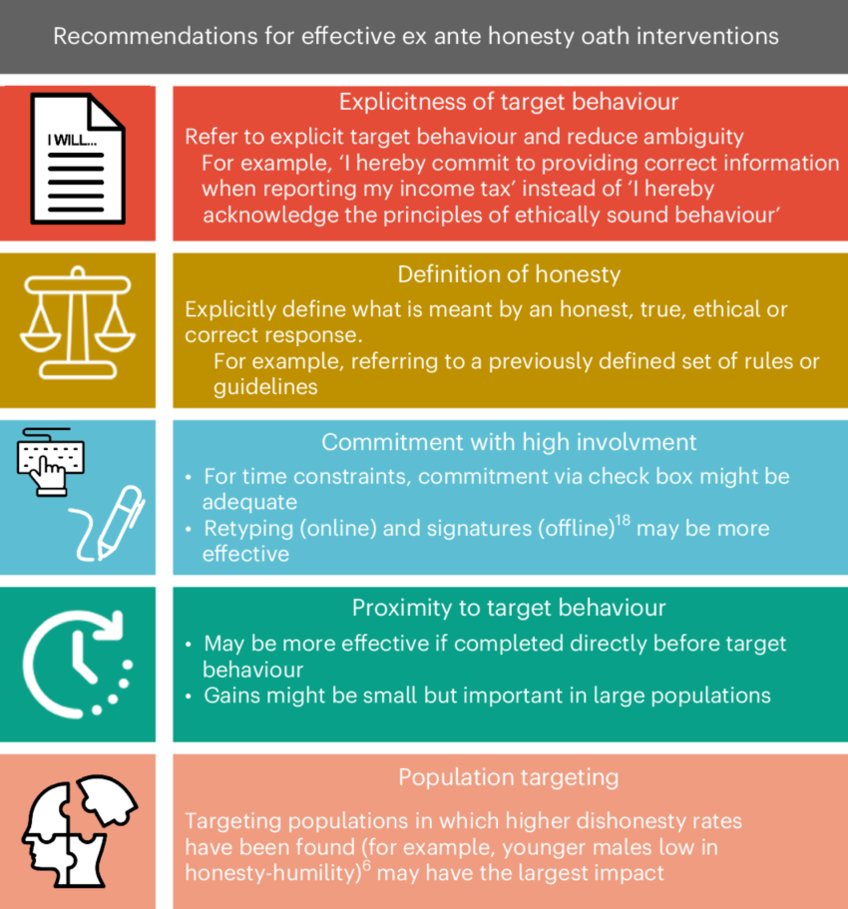Oath against tax evasion
Mega-study investigates how the right wording can lead to more honesty
Have you ever been dishonest on your tax return in order to pay less tax? Would a written “oath of honesty” that you had to sign have stopped you? Yes, that is likely, says a group of more than 40 international scientists who analyzed this phenomenon in a mega-study with over 21,000 participants. To do so, they used an extensive psychological examination of behavior in a kind of tax evasion game. The astonishing result: if the oath of honesty was worded well and presented to the participants at the right time, the losses in tax revenue were reduced by almost 50 percent.

We encounter oaths in various ways in our society: in court in the form of sworn testimony, in medicine (the Hippocratic oath), and among certain professional groups and public officials (oath of office). If the oath is broken, there is a risk of criminal prosecution.
There is a consensus in psychology that honesty oaths can lead individuals to feel obliged to tell the truth. However, this hadn’t been investigated in depth until now. That has since changed with the new study. It brought together 42 researchers from ten European countries, Israel, and the USA, including two researchers from the Max Planck Institute for the Study of Crime, Security and Law in Freiburg and a researcher from the Max Planck Institute for Human Development in Berlin. Together, they recruited a total of 21,506 study participants from the UK and the USA using the Prolific.com platform designed for this purpose.
The participants were asked to play an online “tax evasion game” designed especially for this study. The basic structure was as follows: Participants generate a certain amount of income and are required to pay tax on this income at a rate of 35 percent. The net income is paid out to the participants, while the taxes collected go to a charitable organization (specifically the British or American Red Cross). This is intended to illustrate to the study participants how their taxes can be used to benefit society. At the same time, however, the game also incentivizes participants to under-declare their gross income in order to keep more earnings for themselves. In some scenarios, participants have to take an oath of honesty, either before their income is generated or directly before they report it.
The most important study results in detail:
- 86% of the study participants paid their taxes honestly. This means that a total of 14 percent of potential tax revenue was lost to tax evasion.
- People who took an oath tended to be more honest when declaring the taxes owed than people who did not take an oath. The way in which the oath was presented played a key role: if the oath had to be re-typed, participants tended to be more honest than if they just had to tick a box. But above all, it was also important that the oath was formulated very specifically and that the consequences of wrong actions for society were clearly spelled out.
- Participants who took the oath directly before reporting their income were more honest than those who took the oath at the very beginning of the game. This suggests that the timing of the oath taking is important.
- Young men with low levels of honesty-humility were particularly susceptible to tax evasion. According to the HEXACO personality model, honesty-humility is one of six factors that characterize human personality. People with a low level of honesty-humility are considered to be unfair, entitled, susceptible to bribery, and greedy; they tend not to follow social rules.
- On average, the participants from the UK were more honest than their US counterparts. The different tax systems as well as cultural differences could both be a factor here. Further research is needed in order to draw more accurate conclusions.
Precise wording is particularly effective

“It is of course difficult to generalize the results of the study to real-life contexts of tax evasion; however, the results provide us with very valuable insights about how to formulate oaths and increase people’s honesty most effectively,” explains Max Planck researcher Isabel Thielmann, who extensively studies (un)ethical and (anti)social behavior. As such, the study also provides an important basis for field research in the future.
It is important to word the oath as specifically as possible, emphasizes Thielmann. “I hereby declare that I will provide correct information when reporting my income in my tax return” is much more specific than a general sentence such as “I hereby accept the principles of ethical conduct”. In addition, the taxpayer’s sense of duty is more likely to be addressed if he or she has to re-type the text of the oath manually. “There will certainly have to be further studies on this in the future,” adds Alicia Seidl, a doctoral researcher in Thielmann’s team, who also contributed to the study research. “Nevertheless, we can already make concrete recommendations for effective honesty oaths and perhaps make the world a little fairer as a result.”













